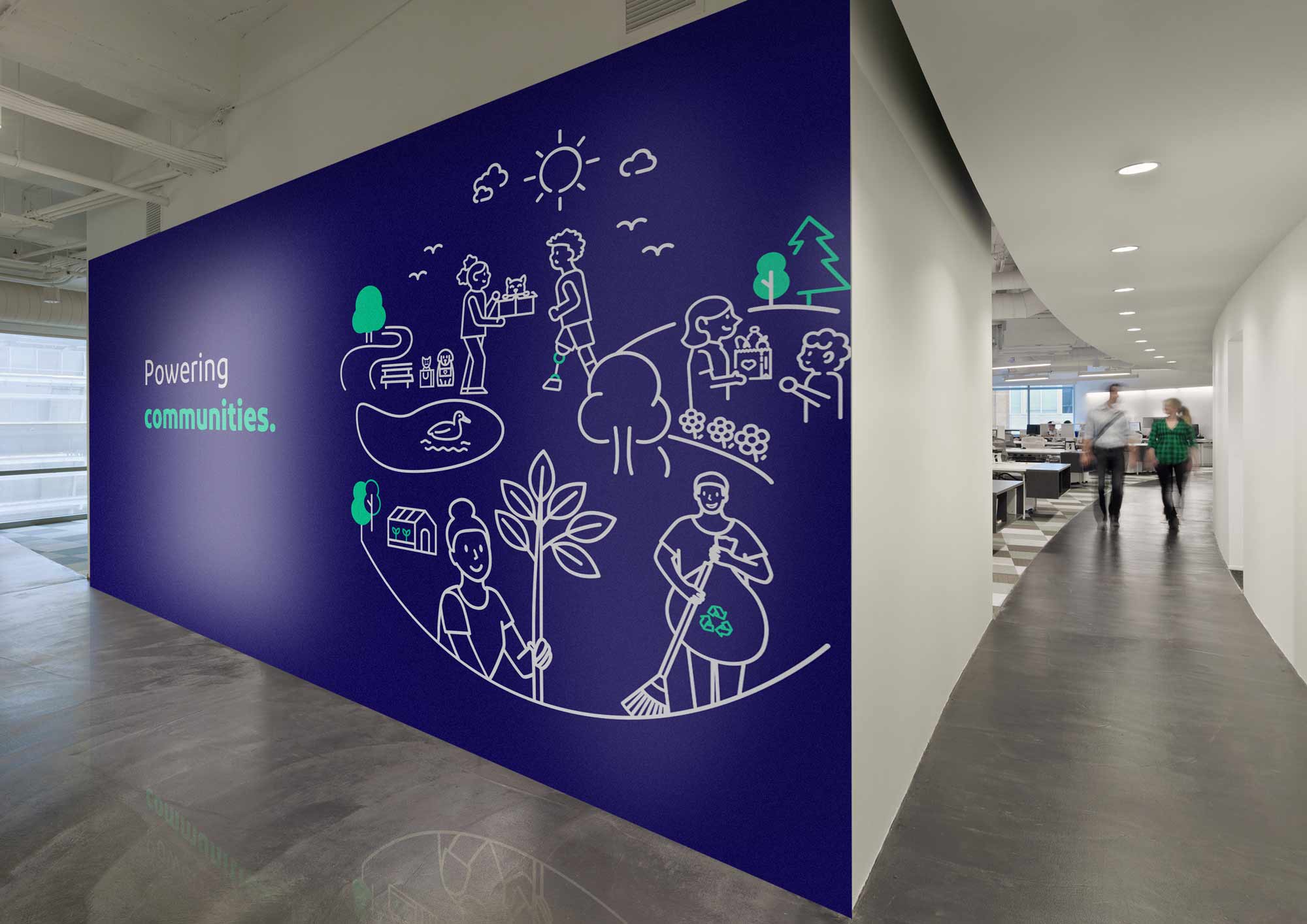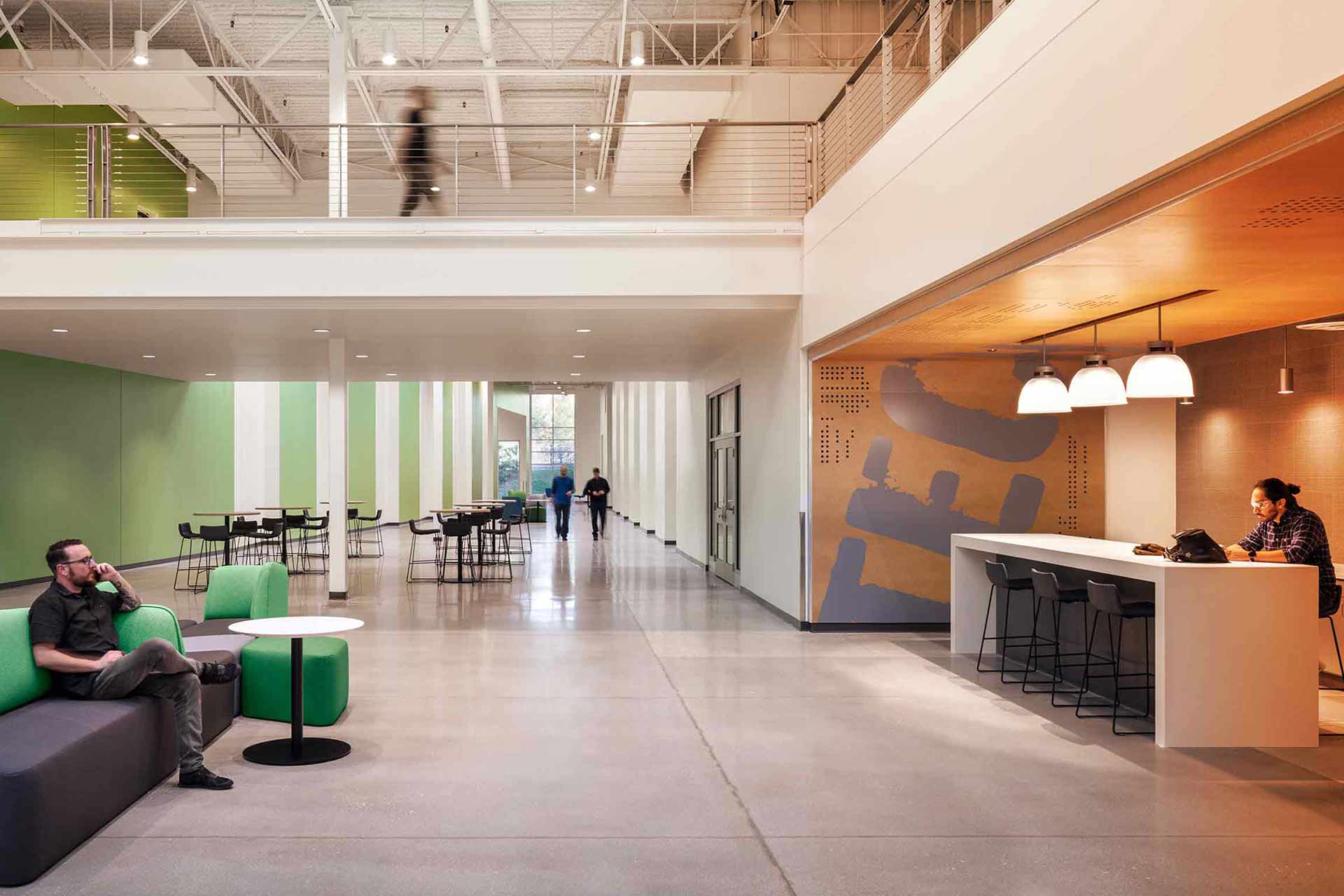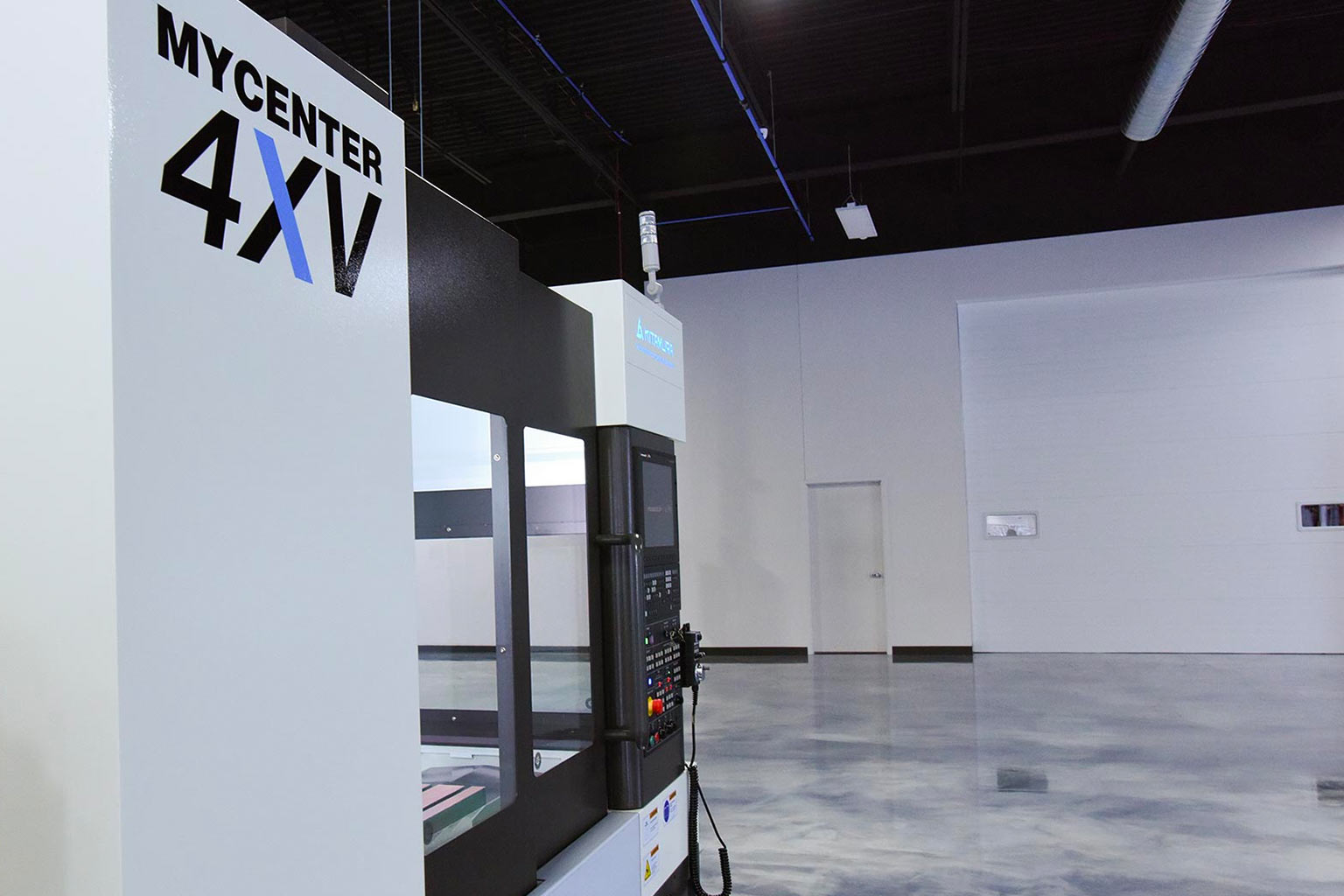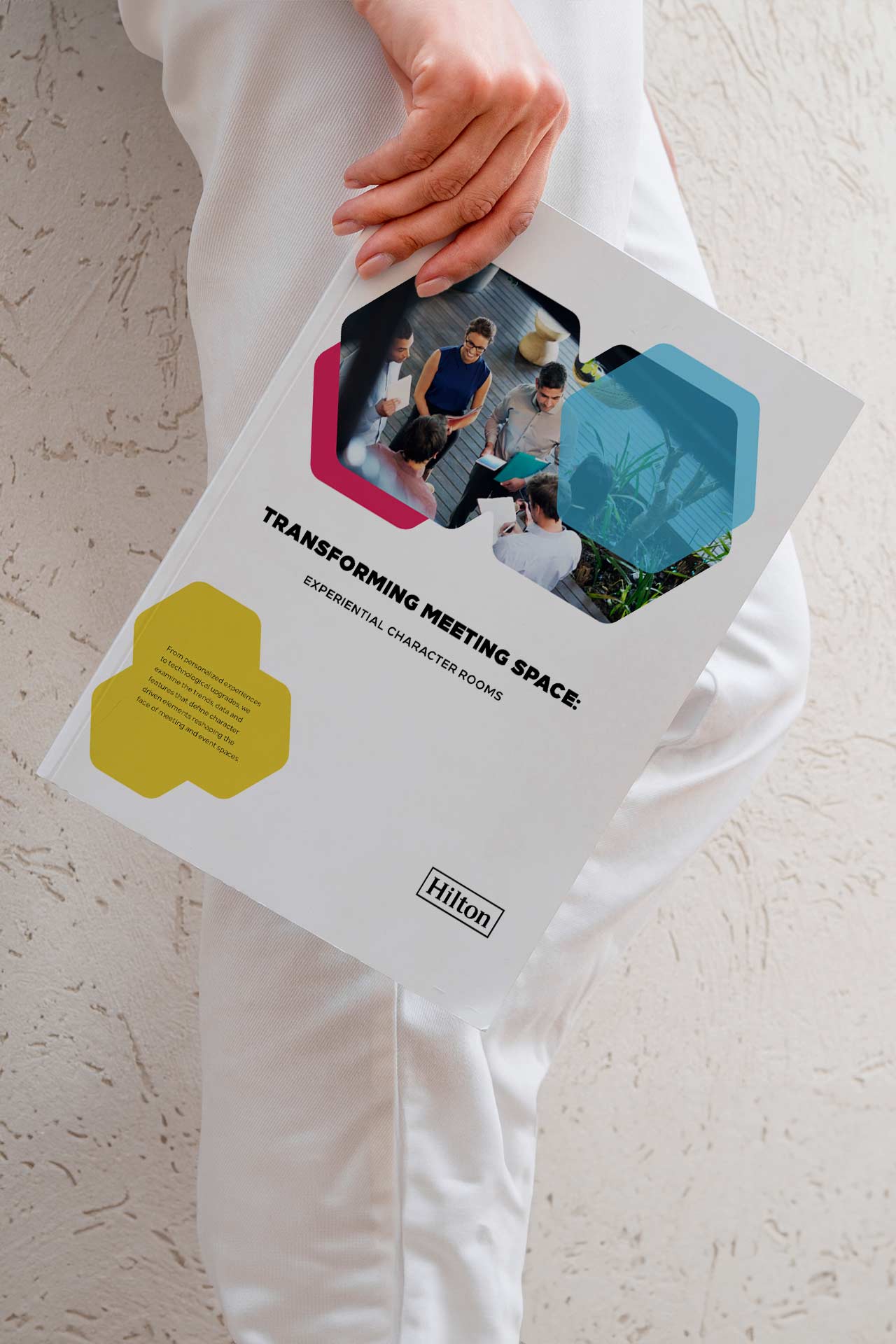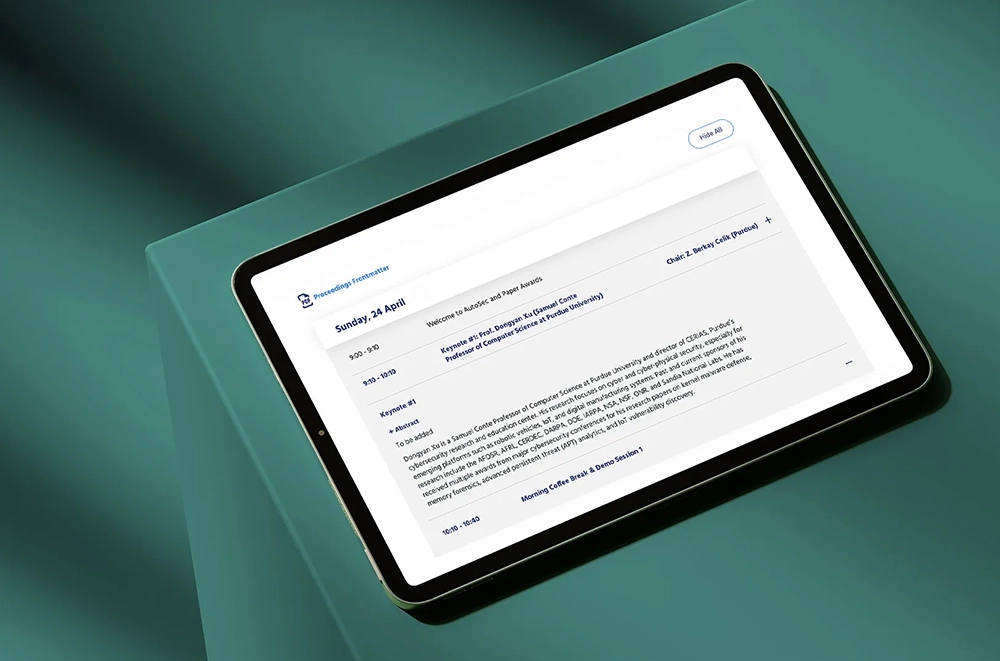WordPress is increasingly becoming the CMS of choice for corporations looking to launch or revamp their enterprise websites. This popularity stems from WordPress’s unique blend of scalability, flexibility, ease of use, and robust security features, which align perfectly with the complex needs of large organizations. Its scalability ensures that websites can grow in tandem with business expansion, handling increased traffic and content seamlessly.



Moreover, WordPress is renowned for its user-friendly interface, allowing non-technical staff to easily manage content, thereby democratizing the process of content updates and reducing the burden on IT departments. Security, a top priority for corporations, is well-addressed with WordPress’s secure core, regular updates, and a plethora of security plugins designed to safeguard sensitive data. Additionally, the platform’s inherent SEO capabilities and compatibility with a myriad of marketing tools facilitate enhanced online visibility and audience engagement. The customization and integration possibilities offered by WordPress are virtually limitless, enabling businesses to tailor their sites precisely to their needs and integrate seamlessly with external systems and software. Despite its extensive features, WordPress remains cost-effective, offering significant savings over proprietary CMS solutions without compromising on functionality. Lastly, the vibrant WordPress community and the availability of professional support services ensure that corporations have access to a wealth of knowledge and assistance. This combination of features makes WordPress an attractive option for corporations seeking a reliable, flexible, and user-friendly CMS for their enterprise websites.
WordPress Frontend: Balancing UI Flexibility with UX Accessibility
WordPress, as a leading content management system, excels in offering a harmonious balance of UI flexibility and UX accessibility, making it a prime choice for developers and content creators alike.
UI Flexibility: Tailoring the Visual Experience
WordPress stands out for its unparalleled UI flexibility, providing users with the ability to customize and tailor the visual aspects of their websites with ease. Through the use of themes and visual builders, WordPress offers a plethora of design options, enabling the creation of unique, visually appealing websites. This flexibility allows developers to implement their creative visions without the constraints often found in more rigid platforms. Whether it’s a corporate website, a portfolio, or an e-commerce platform, WordPress delivers the tools to create a distinct online presence.
UX Accessibility: Ensuring a Seamless User Journey
Beyond its aesthetic customization capabilities, WordPress places a strong emphasis on UX accessibility. This commitment to accessibility ensures that enterprise web design is not only visually engaging but also user-friendly and inclusive. WordPress adheres to web accessibility standards, making websites accessible to individuals with a wide range of disabilities. This includes features like keyboard navigation, screen reader support, and content organization that adheres to ARIA (Accessible Rich Internet Applications) standards. By prioritizing accessibility, WordPress sites cater to a broader audience, improving the overall user experience and meeting legal accessibility requirements.
A Unified Frontend: Merging Aesthetics with Usability
The true strength of WordPress lies in its ability to merge UI flexibility with UX accessibility seamlessly. The platform’s extensive library of plugins extends its core capabilities, allowing for the integration of advanced UX features without compromising the website’s aesthetic or performance. Customizable themes that are responsive and accessibility-ready provide a solid foundation for building websites that are both beautiful and functional.
With continuous updates and active community support ensure that both UI and UX aspects evolve in line with web standards and user expectations. This dynamic nature of WordPress means that websites can remain modern, effective, and accessible over time.
By fostering an environment where aesthetics and usability coexist harmoniously, WordPress empowers developers and businesses to build websites that deliver a positive, inclusive user experience for all visitors.
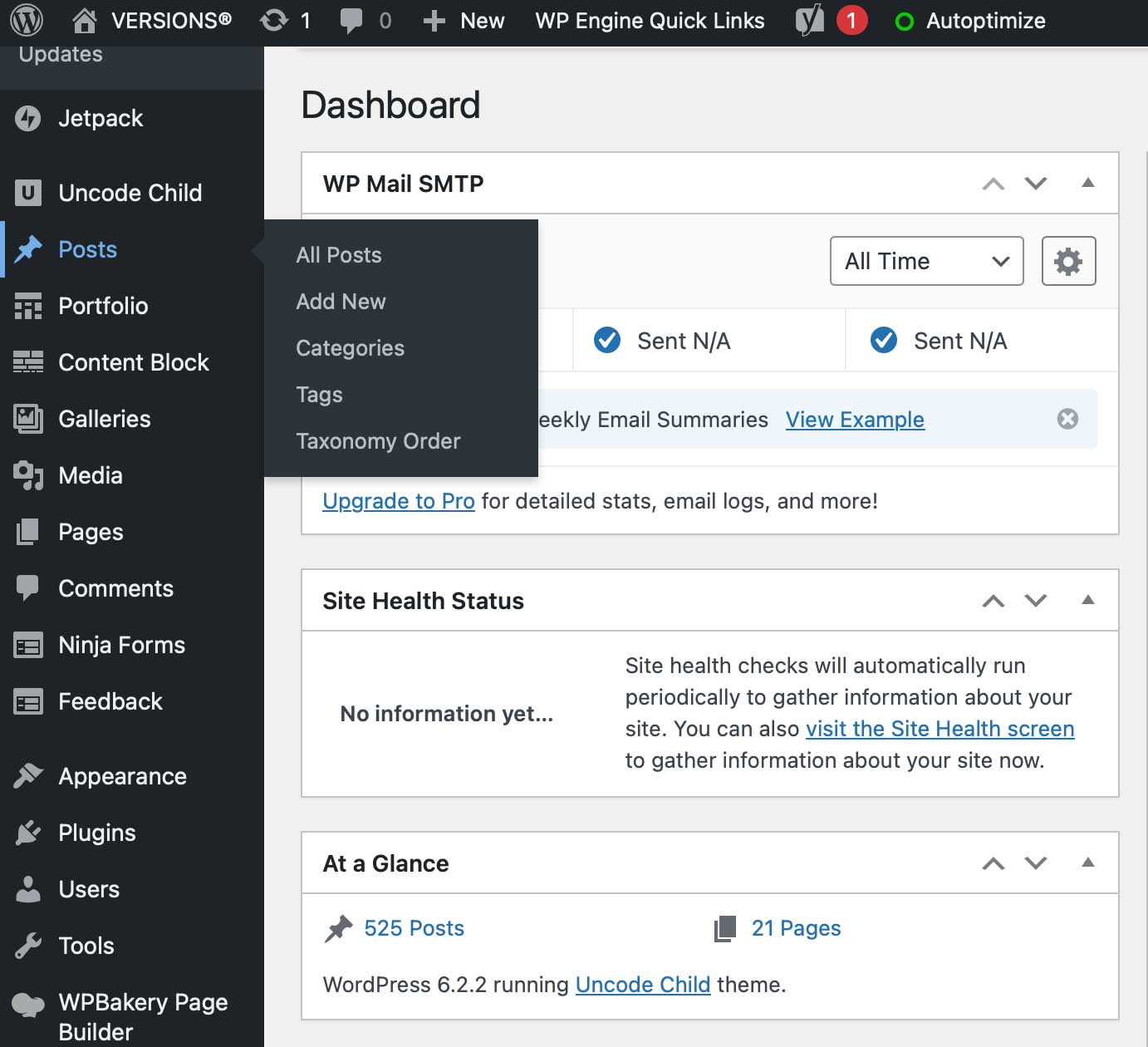
Backend Features
Corporations are increasingly turning to WordPress as their CMS of choice for enterprise websites, and for good reason. The platform offers a unique combination of scalability, flexibility, and ease of use that aligns with the needs of large websites. Here are some key reasons why WordPress is becoming a popular choice for corporate enterprise websites:
1. Scalability
One of the most critical factors for any enterprise-level website is scalability. Corporations need a platform that can grow with them, handling increases in traffic and content without performance issues. WordPress, with its vast ecosystem of plugins and themes, allows for significant customization and scaling. This means businesses can expand their website’s functionality as needed, without switching platforms.
2. Ease of Use
Despite its ability to handle complex websites, WordPress remains user-friendly. Its intuitive dashboard enables non-technical staff to manage content easily, reducing the need for constant IT department intervention. This democratization of content management empowers teams across the organization to update the website in real-time, ensuring that the site remains current without requiring extensive technical skills.
3. Robust Security
Security is a paramount concern for corporations, especially given the sensitivity of the data they handle. WordPress’s core software is highly secure, and its regular updates address vulnerabilities as they arise. Additionally, numerous security plugins are available to further harden WordPress sites against attacks. However, it’s essential for corporations to follow best security practices, such as using strong passwords, keeping software up to date, and using reputable plugins and themes.
4. SEO and Marketing Tools
WordPress inherently offers strong SEO capabilities, making it easier for corporations to optimize their content and rank higher in search engine results. The platform also supports a wide range of marketing tools and plugins, from social media integration to email marketing, allowing businesses to enhance their online presence and engage with their audience more effectively.
5. Customization and Integration
The flexibility of WordPress is unmatched, offering thousands of themes and plugins that enable businesses to tailor their sites to their specific needs. Corporations can integrate their WordPress site with a variety of external systems and software, including CRM systems, e-commerce platforms, and more, creating a seamless digital ecosystem.
6. Cost-Effectiveness
WordPress itself is a free, open-source platform, which can offer significant cost savings over proprietary CMS solutions. While there may be costs associated with premium themes, plugins, and custom development, the overall expenditure is often lower than other enterprise-level CMS options. This affordability does not compromise quality or functionality, making WordPress an attractive choice for corporations mindful of budget constraints.
7. Community and Support
The WordPress community is one of the largest and most active in the web development world, offering extensive resources, forums, and documentation. Enterprises can benefit from this wealth of knowledge, finding solutions and best practices shared by users worldwide. Additionally, professional support and development services are readily available, ensuring businesses can get the help they need when they need it.
In summary, WordPress web design presents a compelling option for corporations looking to develop or revamp their enterprise websites. Its scalability, ease of use, robust security measures, and extensive customization options make it ideally suited to meet the diverse and demanding requirements of large organizations. As WordPress continues to evolve, its appeal to the corporate sector is likely to grow even further.
